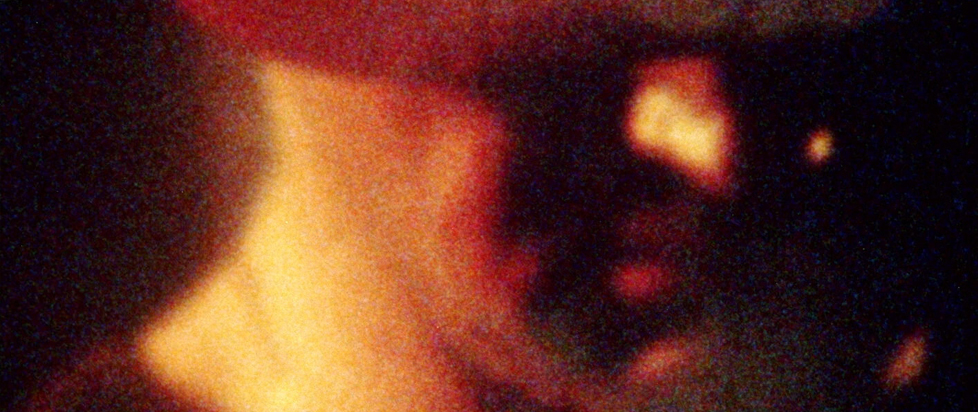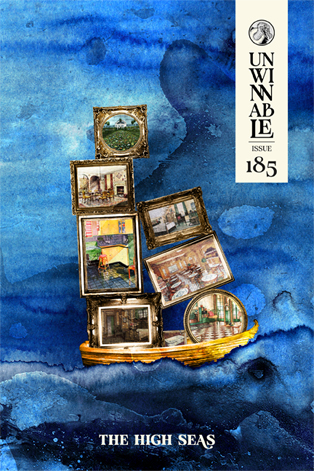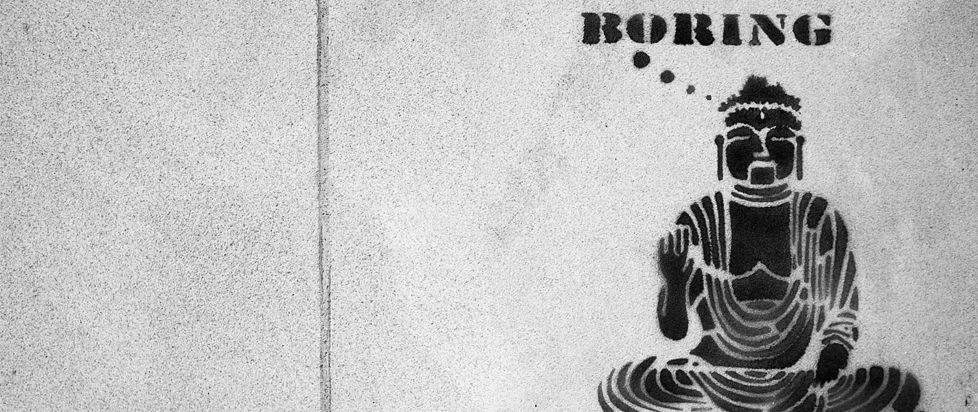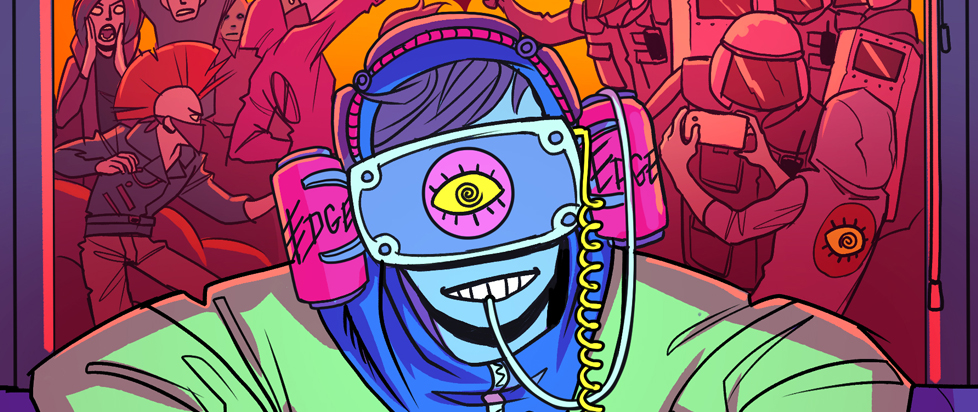
1981

This column is a reprint from Unwinnable Monthly #185. If you like what you see, grab the magazine for less than ten dollars, or subscribe and get all future magazines for half price.
———
Kcab ti nur.
———
Get out the Vitamin D tablets and your best gig earplugs, because this month we’re travelling to 1981 to talk about experimental concert film TG: Psychic Rally In Heaven and Cabaret Voltaire’s Red Mecca.
I most often end up listening to industrial noise when I’m working or writing, as a way of regulating my often-scattered brain. This always feels a little ironic when we consider that is a wave of art/music that emerged from an England that was burning. From Brixton to Toxteth to Moss Side, the streets were full of riots and frustration.
The tensions that caused the later 1985 miners’ strike were also building, as Thatcher’s politics began to take root. As politicians across the political spectrum continue to venerate her character and take her politics to heights she could hardly dream of, it is a genre that is relevant more now than ever.
England has a unique capacity for grim that can only be expressed in a guitar miles out of tune fed into a half-broken amp reverberating through a draughty room in a warehouse temporarily allowed to be an arts space before being morphing into shiny empty apartments. That uniquely English grimness reverberates through Cabaret Voltaire’s album, with lyrics that feel like dancing through the apocalypse. Also, the distortion fundamental to the genre takes away the pretense of normality, the idea that you must remain calm and proud and watch things slowly rot and worsen and the people and places you love suffer. The offer of freedom is intoxicating.
Jarman’s concert film understands this intoxication entirely. Instead of trying to make the performance into something legible he took the form of the concert film and turned it into a parade of barely visible figures. As a viewer you are consumed by the ethereal lighting and internal sound and brought to a truly unique experience.

There is a beautiful synergy between noise and the paths abjection takes you on. It is the music of unapologetically strange transfeminine people. Of those whose disabilities are met with discomfort. Queers who walk the street under constant watch. The second time I watched Jarman’s concert film was on a 24-ish hour date with a woman for whom it all clicked – and it was fun to see that moment of recognition on someone else’s face. At its best, the genre is a revelatory embrace of outsider status, taking all the monstrosities projected onto you and turning them to eleven.
Throbbing Gristle’s lead Genesis P-Orridge was one such person. Never really sitting in a cleanly definable gender space, s/he was an artist, an innovator. In many ways s/he has been beatified in British alternative spaces, correctly hailed as a trailblazer smashing Thatcherite normativity to an extent that’s still transgressive to this day.
At the same time, the abuse and violence s/he oversaw and partook in, demonstrates the ways that being at the height of abjection from a cruel society does not remove the capacity for cruelty or abuse.
Despite the promises, these scenes are not paradise, or anything close to it. Find me a noise show and I will find you an overly loud white guy with locs you can smell across the room. Even down to the title Red Mecca which grasps at geopolitical commentary, this genre has a lot of white people messing with cultural elements that are not their own for the sake of bolstering their transgression. This can also be seen in the myriad links between these music scenes and a Western pastiche esotericism found in musty-smelling shops in nowhere towns, with neither respect nor compensation for the people from which the symbols and deities originate.

Moreover, the liberation offered can be (and is) the site of manipulation of the already vulnerable people drawn in by its promises. Nowhere is this clearer than in the post-Throbbing Gristle project/collective/cult “Thee Temple ov Psychick Youth” (TOPY). In a 2019 piece, Dan Siepmann articulates the link between the countercultural and TOPY’s cult dynamics: “while subculture exists as a necessary outlet for healthy transgression, these same spaces have always been fertile ground for “cultish” mindsets to take root among the vulnerable. P-Orridge simply carried these existing tendencies to their logical extremes.” This group involved domineering, isolation, cult dynamics and coercive sexual dynamics (with specifically harrowing allegations from Cosey Fanni Tutti) all under the banner of freedom from societal chains. A combination of transmisogyny, press manipulation and willful ignorance allowed for such a miasma of confusion to form around the group that to this day the actual harms done within TOPY (as opposed to the fantastical allegations of satanic child sexual abuse pursued by the police and press) go deeply underreported.
Even in contexts where there is not such outright cultishness there is a broader difficulty with the genre and its relationship to trauma and the effect that has. Maybe the first time of expelling in a primal scream is catharsis, but what about the fourth, what about the tenth, what about the twenty-seventh? When do you get to let go?
In spite of all this, it is still a genre I find myself drawn to over and over again.
Besides lofty ambitions, psychic screams, when complex liberations, it’s just fun to mess with sound? I was reading about The Brutalist’s phenomenal score and how Daniel Blumberg got someone to shoot a gun in a quarry and see what bounced back to figure out how a piece of music should sound. If art as a whole has a grand purpose, it is to push beyond the normal, to break the boundaries of what we believe is possible. The spirit of industrial noise and all its reverberations embodies that entirely.
———
Oluwatayo Adewole is a writer, critic and performer coming to you live from the British and Irish Isles. You can find her roaming the streets on his bike or at https://tayowrites.persona.co/ if you’re at a more pedestrian pace.




